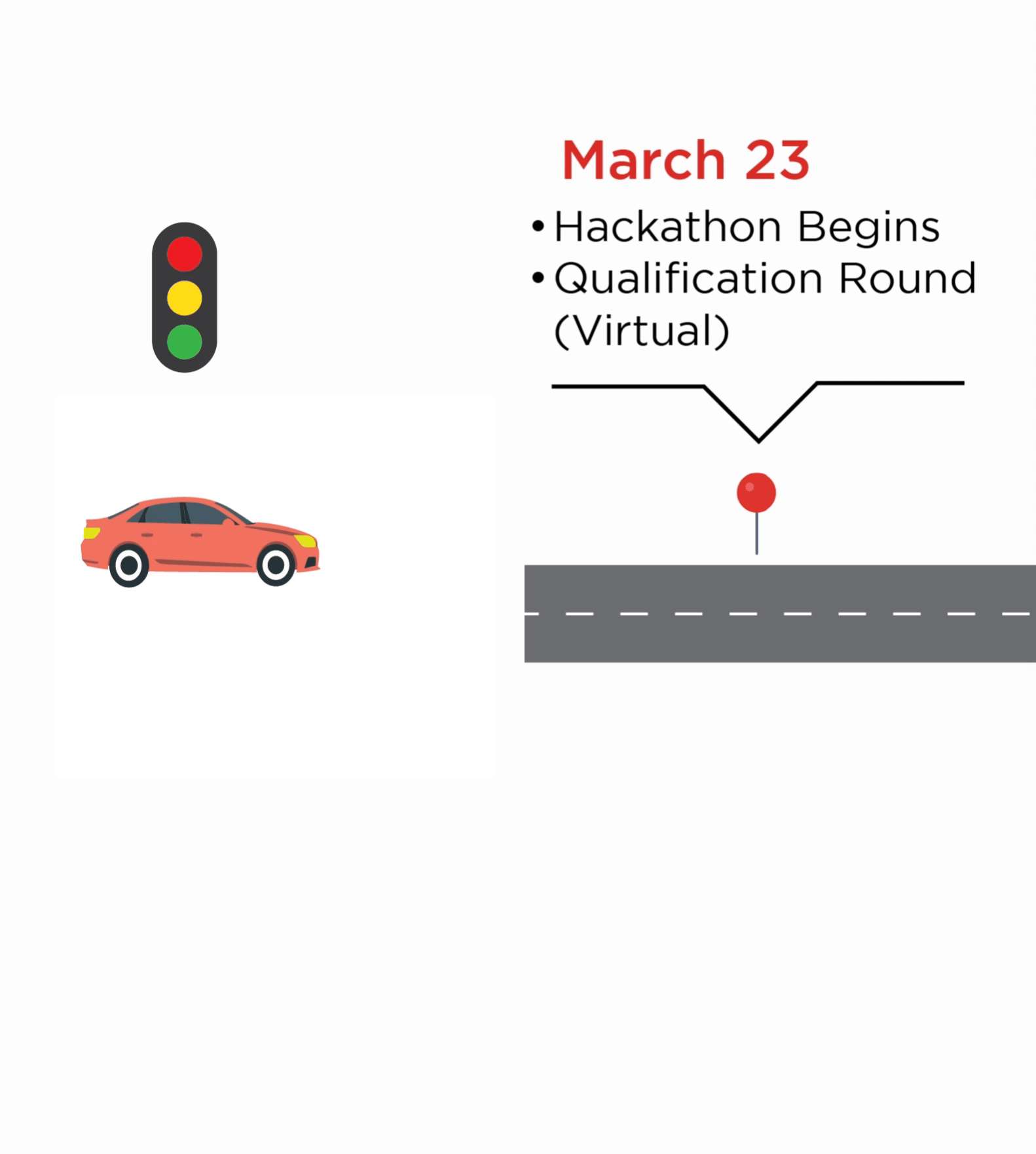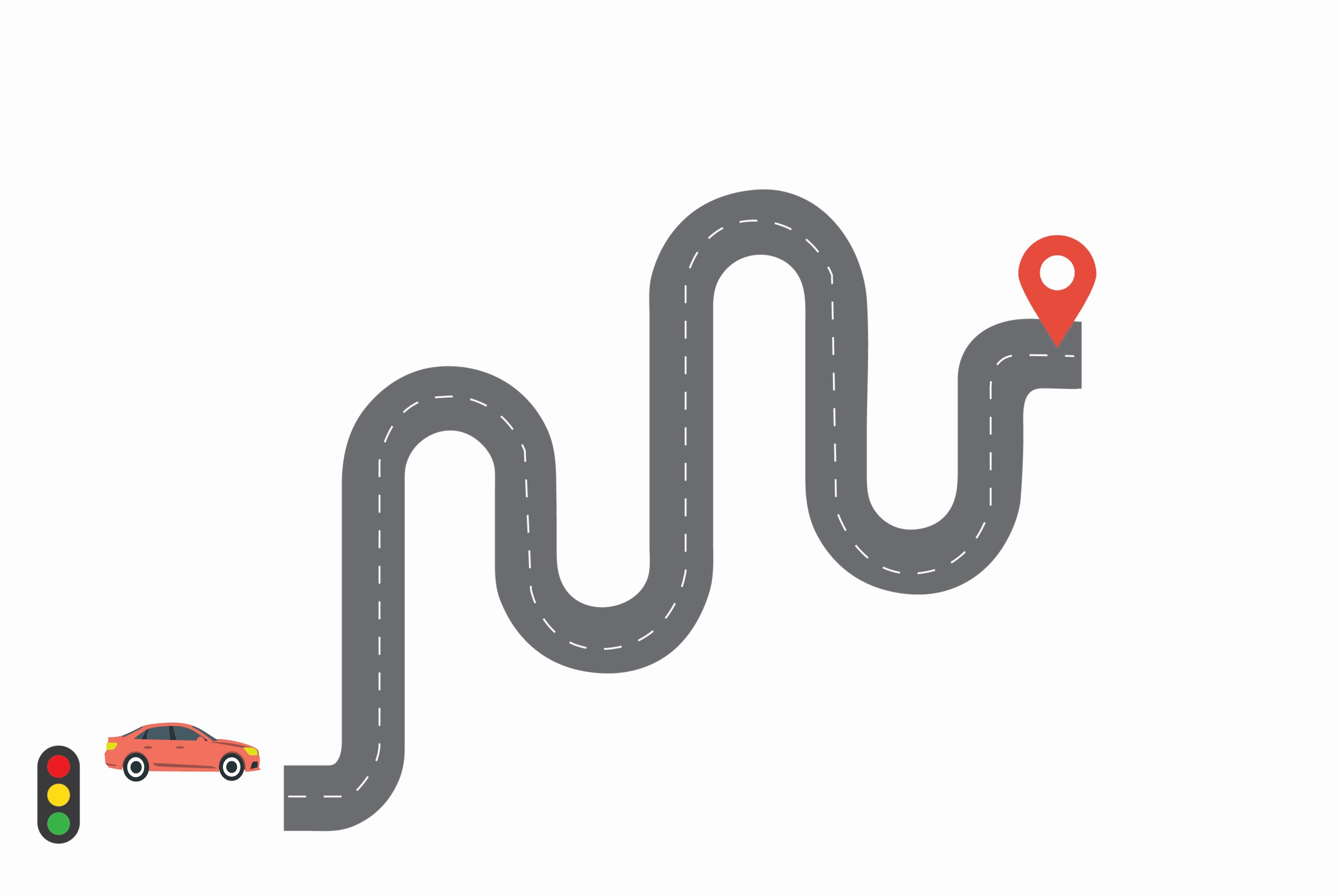Who are we?
Hackathon 2025 is a student-led initiative, which enables learning and growth by providing a platform to showcase participants ideas with the support of partners and sponsors.
Our Past Hackathons
Timeline


Why Participate?

Mentorship

Experiential Learning

Awards & Recognitions

Student-Led

Have Fun

Network
Challenge Sets

Food Sustainability

Innovative Retail Solutions

Food Insecurity and Charitable Support

Nutrition, Wellness, and Consumer Education

Food Safety, Traceability, and Transparency


